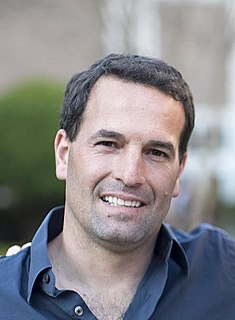A Quote by Jamie Dimon
Virtual currency, where it's called a bitcoin vs. a U.S. dollar, that's going to be stopped. No government will ever support a virtual currency that goes around borders and doesn't have the same controls. It's not going to happen.
Related Quotes
Bitcoin has been described as a decentralized, peer-to-peer virtual currency that is used like money - it can be exchanged for traditional currencies such as the U.S. dollar or used to purchase goods or services, usually online. Unlike traditional currencies, Bitcoin operates without central authority or banks and is not backed by any government.
The regulator banned cryptocurrency... then there was an order from the Supreme Court. So, in the absence of any strong law, it was very important for us to come out with a comprehensive law-one for the private digital currency and second for the government for its digital form of currency, or the virtual currency.
The IRS issued guidance for virtual currencies on March 25, 2014 that stated virtual currencies, including Bitcoin, are to be treated as property for federal tax purposes. This requires capital gains on virtual currencies to be recorded and reported. The Bitcoin Foundation says this could lead to unrealistic reporting.
Well, bitcoin is a currency. Bitcoin has no underlying rate of return. You know, bonds have an interest coupon. Stocks have earnings and dividends. Gold has nothing, and bitcoin has nothing. There is nothing to support the bitcoin except the hope that you will sell it to somebody for more than you paid for it.
I hold all idea of regulating the currency to be an absurdity; the very terms of regulating the currency and managing the currency I look upon to be an absurdity; the currency should regulate itself; it must be regulated by the trade and commerce of the world; I would neither allow the Bank of England nor any private banks to have what is called the management of the currency.
I'd guess blockchains will be the full-blown backbone of virtual worlds - the system for currency, assets, identity, even governance - before doing the same in the 'real world.' Which is where I think we will end up in the real world eventually; it's just a matter of which goes first and how long until it's the case for both.
































